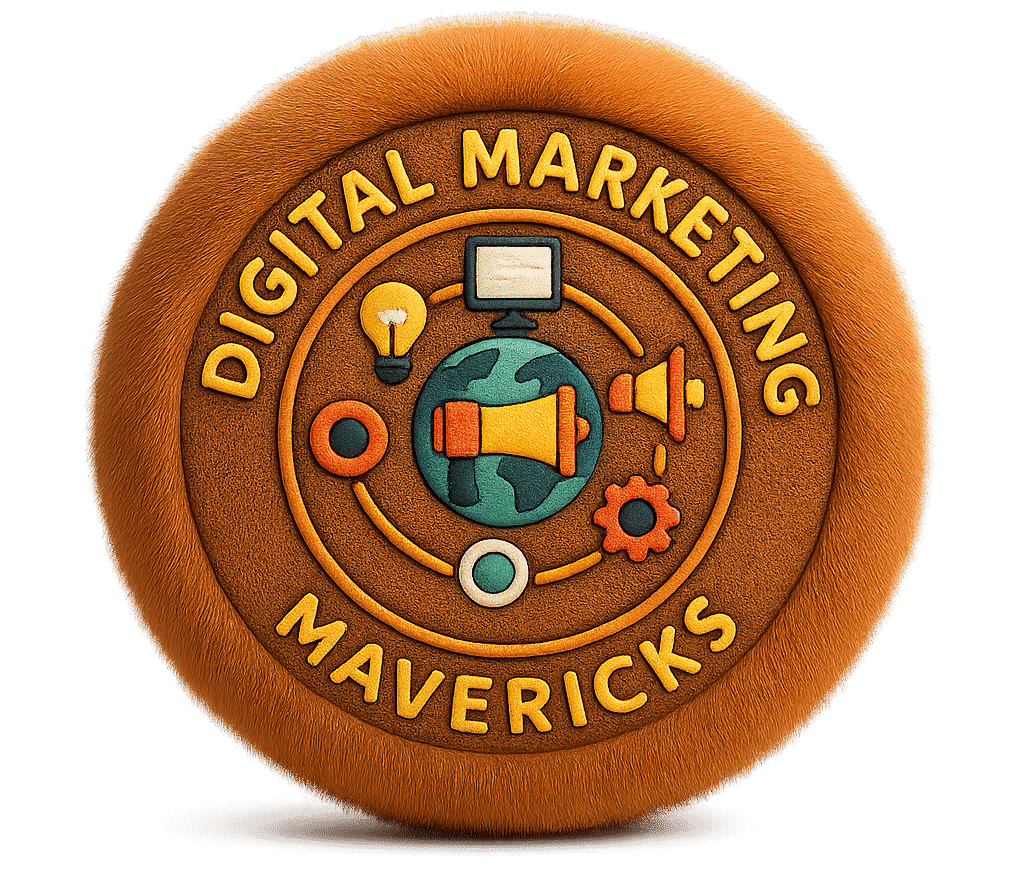Let’s be honest: most business owners hear “SEO” and think one of two things —
a) “Ugh, that tech stuff,” or
b) “Oh yeah, keywords… right?”
But here’s the truth: organic search engine optimization (yep, we’re going to say the whole thing a few times — Google likes that) isn’t some elusive code-cracking mystery. It’s just the art and science of helping your website show up where it matters: in front of real people who are already searching for what you do.
Think about your own habits. You need a service, a product, or an answer — you Google it. And what shows up at the top of that page gets the click. No ads. No pushy sales stuff. Just relevance.
This post is your quick-start guide to understanding what organic SEO really is, why it’s still the backbone of online visibility in 2025, and how it can quietly (but powerfully) work in the background to grow your business — even while you sleep.
Let’s break it down.
What is Organic Search Engine Optimization?
Organic search engine optimization is exactly what it sounds like: getting your website to show up on Google without paying for ads. No PPC. No boosting. No “sponsored” tag. Just your content, your site, and your strategy — doing the hard work for you.
When someone types a question or a keyword into Google, they’re not looking for the loudest ad — they’re looking for the most relevant answer. Organic SEO is about becoming that answer.
Let’s make it even simpler:
- You want your business to appear when someone searches for something you offer.
- Google wants to serve users the most useful, trustworthy, and relevant result.
- Organic SEO is how you earn your spot in that conversation — no bidding war required.
Organic Search vs. Paid Search
To clear the air:
| Organic Search | Paid Search |
|---|---|
| Free (but takes time) | Costs money every click |
| Long-term traffic | Short-term traffic |
| Builds trust and authority | Good for quick wins and promotions |
| Click-through rates are generally higher | Lower trust, especially with ad-blind users |
Paid search is renting. Organic SEO is owning. Both can work — but organic is the gift that keeps on giving (and doesn’t charge you every time someone knocks on the door).
How Does Search Engine Optimization Work?
Here’s the thing: when we say “organic SEO,” we’re not talking about one magic switch you flip. It’s more like a toolbox — and there are four main tools every business needs to get seen, clicked, and trusted online.
Let’s break them down:
1. On-Page SEO
This is the part most people think SEO is all about.
We’re talking:
- Keywords in the right places (titles, headers, URLs, body copy)
- Clean, easy-to-read content that actually answers questions
- Optimized images, internal links, and metadata (Google eats that stuff up)
Bottom line: It’s about helping search engines and humans understand what your page is about.
2. Off-Page SEO
This is where your site builds its street cred.
Think:
- Backlinks from other trusted websites
- Brand mentions, social shares, and general digital buzz
Google basically asks: “Do others trust this site enough to link to it?” The more quality signals pointing to your site, the more Google takes you seriously.
3. Technical SEO
This is the behind-the-scenes stuff that makes Google want to crawl and rank your site.
We’re talking:
- Fast load times
- Mobile-friendliness
- Secure connection (HTTPS)
- Clean site structure and indexing
If your site loads like it’s stuck in 2008 or breaks on mobile, Google’s out. Period.
4. Local SEO
If you serve customers in a specific area, this one’s your secret weapon.
Here’s what matters:
- Google Business Profile (fully filled out and optimized)
- Local citations (your business name, address, and phone number showing up consistently across the web)
- Local reviews (yes, Google reads those stars)
- Localized content (your services + your city = SEO love)
Showing up in the “map pack” is the new storefront. Local SEO helps you win that spot.
Each of these areas works together to help your site not just exist online — but compete. Because no matter how good your product or service is, if Google can’t find you, your customers won’t either.

Why is Search Engine Optimization Important?
Let’s get one thing straight: you don’t need to be a developer, copywriter, or full-time “SEO person” to understand why organic search engine optimization is worth your time.
Here’s the simple version:
SEO brings people to your website who are already looking for what you offer — without you having to chase them.
Still need convincing? Cool. Let’s break it down.
It Works While You Sleep
Once your pages are optimized and ranking, they don’t clock out.
Google keeps showing your content 24/7 — even when you’re on vacation, in a meeting, or bingeing Netflix.
Paid ads? They stop the second your budget does.
SEO? It compounds over time.
It Builds Trust Automatically
Here’s a fun fact: more than 70% of people skip past ads and go straight to the organic results.
Why? Because they trust them more. Organic listings feel earned — because they are.
When your business shows up organically, you’re not just visible.
You’re credible.
It Attracts the Right People
SEO isn’t about blasting your message to everyone. It’s about showing up for the exact search phrases your ideal customers are typing into Google.
If someone Googles “affordable web design for small businesses” and lands on your page — you’re not interrupting them.
You’re solving their problem.
It Saves You Money in the Long Run
Sure, SEO takes effort upfront. But unlike paid ads, it doesn’t charge you per click.
That means the more you grow, the better your return — not the bigger your bill.
It’s the digital version of compound interest: build now, benefit for months (or years) later.
Organic SEO is the closest thing to digital word-of-mouth marketing.
You earn visibility by being useful, relevant, and trustworthy — not by outspending everyone.
And you don’t need to be a tech wizard to make it work. You just need the right strategy.
Who is Organic Search Optimization For?
Let’s kill a myth real quick:
Organic SEO isn’t just for big brands with massive marketing budgets.
In fact, it’s especially powerful for small businesses, service providers, creatives, consultants, and local legends who need to stand out without spending a fortune.
So… who’s this really for?
🧱 Local Businesses
Whether you’re a dentist, a gym, or a landscaping crew — people in your area are searching for what you offer right now.
Local SEO puts you in their path before they ever look at a competitor.
No cold calls. No flyers. Just showing up when it matters.
🛒 eCommerce Brands
Selling products online?
Organic SEO helps you show up for long-tail, buyer-ready keywords like “eco-friendly candles under $25” or “running shoes for flat feet.”
These are gold. Why? Because they signal intent. Someone searching that wants to buy.
💼 Service Providers & Consultants
If your business is built around expertise — coaching, consulting, freelancing, design, legal services — SEO builds your digital reputation.
Blogs, guides, and optimized service pages position you as the go-to in your field before a prospect even books a call.
🚀 Startups & Solo Founders
No budget for ads? Welcome to the club.
Organic SEO is how you build awareness, trust, and leads without burning your runway.
Even a few well-optimized pages can bring in steady traffic — and momentum is everything in the early days.
And Honestly… Anyone Who Wants to Be Found Online
If you have a business, a brand, or even just a personal project — and you want people to discover it — organic search engine optimization needs to be part of your strategy.
It’s not a luxury. It’s a visibility tool.
If you want to own your online presence instead of renting it through ads…
If you want to earn trust instead of begging for clicks…
If you want growth that lasts longer than your budget…Organic SEO is for you.
Debunking the Big Myths About SEO
SEO’s been around long enough to attract plenty of bad advice, outdated tactics, and straight-up myths. If you’ve ever thought “SEO seems shady” or “I tried it once and nothing happened,” you’re not alone — but chances are, you’ve been sold the wrong version of it.
Let’s clear the air.
Myth #1: “SEO is just about keywords.”
Sure, keywords matter, and here is a keyword research checklist article you might find helpful. But shoving “best Baltimore plumber” into every sentence isn’t a strategy — it’s a fast track to being ignored (by both Google and readers).
Modern SEO is about context, relevance, and user experience.
Google’s smart enough now to understand full topics, search intent, and even synonyms.
Truth: It’s not about how often you say a keyword — it’s about how well your page solves the searcher’s problem.
Myth #2: “SEO is a one-time thing.”
You can’t set it and forget it. Algorithms evolve, competitors update, and your own content can go stale.
Truth: SEO is an ongoing effort. Think of it like going to the gym — progress builds over time, and consistency beats hacks every time.
Myth #3: “You need to trick Google to rank.”
Back in the day, sure — people gamed the system with keyword stuffing, shady backlinks, and invisible text (remember that one?).
Today? That stuff can tank your rankings.
Truth: You don’t need tricks. You need value. Google wants to show searchers the best result, not the sneakiest one.
Myth #4: “SEO is dead.”
Let’s put this one in a digital grave.
SEO isn’t dead — it’s just different. The rules have changed, but the game is very much still on.
Truth: As long as people are using search engines (spoiler: they are), SEO will matter.
Don’t Let Myths Hold You Back
If you’ve been burned by a bad SEO agency, overwhelmed by jargon, or convinced it’s too late to compete — take a breath. The field is wide open for businesses who are ready to show up consistently, help real people, and play the long game.
You don’t need to game the system. You just need to understand it — and show up better than the rest.

How to Do Search Engine Optimization Yourself
Okay, you get it — organic SEO is valuable, credible, and built to last. But how do you actually start? What if you’re not a marketer or a tech wizard?
Here’s the good news: You don’t need to know everything.
You just need to take a few smart first steps.
🔎 Step 1: Set Up Google Search Console (Like, Today)
Google search console is free, fast, and gives you a goldmine of insights:
- What keywords you’re showing up for
- Which pages are getting clicks
- Any technical issues Google sees on your site
This is your SEO dashboard — and it’s straight from the source. No guessing.
📝 Step 2: Create One Solid Page Per Topic
One service = one page.
One product = one page.
One location = (you guessed it) one page.
Why? Because Google ranks pages, not websites.
Don’t cram everything into one homepage. Spread out and let each page shine for its specific keyword.
💡 Step 3: Think Like Your Customers, Not Like a Robot
Skip the marketing jargon. What would someone actually search for to find your service?
Say you’re a photographer. “Creative visual storytelling” might sound cool to you. But your potential clients are searching:
- “affordable wedding photographer Baltimore”
- “professional headshots near me”
Write for them — not your portfolio.
🔗 Step 4: Build Real Links (Not Spammy Ones)
Forget buying backlinks. Focus on earning them by:
- Writing useful blog content
- Partnering with local organizations
- Getting listed on trusted directories (Yelp, BBB, Chamber of Commerce, etc.)
Links from reputable sites = votes of confidence. And Google loves confidence.
🛠️ Step 5: Use the Right (Free) Tools
You don’t need a fancy tech stack. Start with:
- Google Search Console – for keyword data and indexing issues
- Google Analytics – to track what’s working
- Ubersuggest or AnswerThePublic – for keyword ideas
- Yoast SEO (if you’re on WordPress) – to guide on-page optimizations
These tools give you more control — without overwhelming you.
🙋♂️ Bonus: Know When to DIY… and When to Get Help
You can get pretty far on your own — especially early on. But if you’re serious about scaling, ranking for competitive keywords, or fixing technical issues…
It’s okay (smart, actually) to bring in a pro.
Hint: That’s where Digital Marketing Mavericks comes in — but no pressure. Just know we’re here when you’re ready.
Start Small. Stay Consistent.
SEO isn’t a sprint — it’s more like building a solid reputation.
You won’t see results overnight. But with steady effort and the right guidance, you’ll start to show up exactly where your customers are already looking.

Final Word: It’s Not Just About Rankings. It’s About Relevance.
Look — we all love the idea of being #1 on Google. But here’s the real win:
Being the most relevant result when your ideal customer is searching.
Because organic SEO isn’t about chasing algorithms.
It’s about earning trust. Showing up consistently. And being useful when it matters most.
When you get that right?
- You don’t have to convince people. They come ready.
- You don’t have to interrupt. You show up when they ask for you.
- You don’t have to outspend. You just have to out-value.
That’s the beauty of organic search engine optimization.
It’s not flashy. It’s not instant. But it’s powerful, sustainable, and built around something no ad can buy: credibility.
So, What Now?
If you’re ready to start slow and steady — go set up your tools.
If you’re already optimizing — keep pushing with better content and better links.
And if you’re thinking, “This sounds like something I need help with…” — let’s talk. No pressure. Just possibilities.
Organic SEO isn’t about playing the game. It’s about showing up for it.
And if you’re ready to show up smarter, stronger, and more consistently — you’re already ahead of half your competition.
FAQs
1. What is organic search engine optimization, in plain English?
It’s the process of helping your website show up on Google without paying for ads. You earn visibility by creating helpful content, optimizing your site, and building credibility — not by bidding your way to the top.
2. How long does it take to see results from organic SEO?
It depends — but generally, 3 to 6 months is realistic for steady progress. Think of it like going to the gym: results take time, but they’re real and lasting when you stick with it.
3. Do I need to blog to do SEO?
Not always — but it helps. Blogging allows you to target more keywords, answer customer questions, and build topical authority. That said, a well-optimized website without a blog can still rank locally and for core services.
4. What’s the difference between organic SEO and paid ads?
Organic SEO is free traffic you earn over time. Paid ads are instant visibility you pay for — and when you stop paying, the clicks stop too. Ideally, both should work together, but SEO is the long game that pays off over time.
5. Can I do SEO myself, or do I need to hire someone?
You can absolutely start on your own — and many small businesses do. But if you want to scale faster, avoid technical pitfalls, or compete in a crowded space, working with a pro can save you time and money in the long run.

